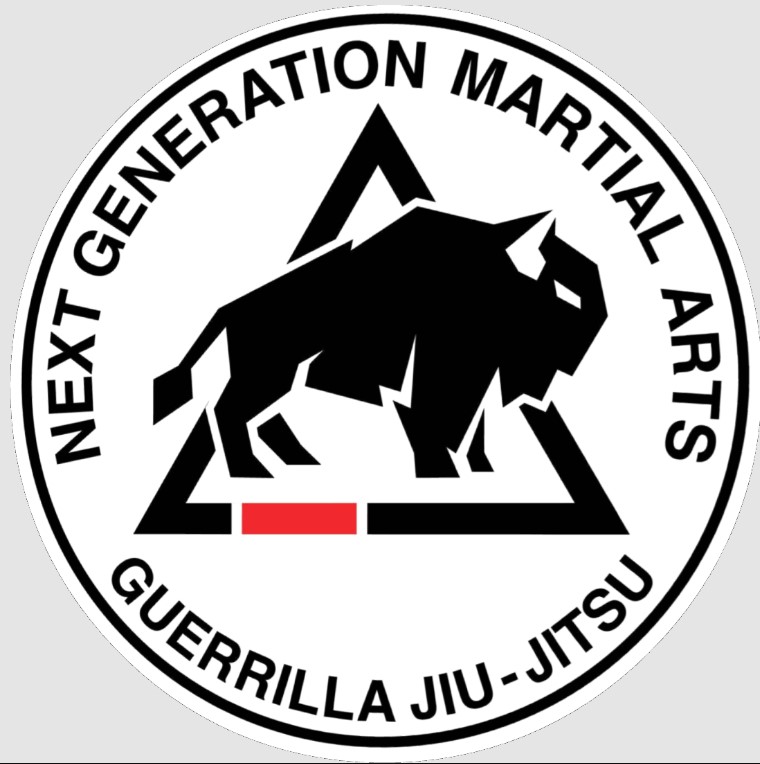Introducing preschoolers to martial arts offers an array of physical, mental, and developmental benefits, fostering a holistic approach to their growth and well-being. While the notion of martial arts might seem intense, programs tailored for young children focus on fun, engaging activities that promote discipline, coordination, confidence, and social skills in a safe and supportive environment.
Martial arts programs for preschoolers are designed to instill fundamental values and skills that extend far beyond self-defense techniques. These programs prioritize age-appropriate activities that blend physical exercise with character development, nurturing young minds and bodies.
One of the primary benefits of martial arts for preschoolers is the cultivation of discipline and focus. Through structured activities and routines, children learn to follow instructions, respect rules, and concentrate on tasks, laying the groundwork for improved attention spans and self-control.
Physical development is a cornerstone of martial arts training for preschoolers. Activities such as stretching, balancing, and basic movements enhance gross motor skills, coordination, and overall fitness. These exercises help children develop body awareness, strength, flexibility, and agility in a playful and enjoyable setting.
Moreover, martial arts instill a sense of confidence and self-esteem in preschoolers. As children progress through the program, mastering new techniques and achieving milestones, they build a sense of accomplishment and self-assurance, fostering a positive self-image and boosting their confidence levels.
The social aspect of martial arts training is invaluable for preschoolers. Participating in group activities and interacting with peers promotes teamwork, cooperation, and communication skills. These experiences encourage friendships, empathy, and the development of essential social skills crucial for their overall growth.
Martial arts programs for preschoolers emphasize essential life skills, including respect, patience, and perseverance. Learning to respect instructors, fellow students, and the martial arts environment instills values that extend beyond the dojo, shaping their behavior and attitudes in various aspects of life.
The teaching philosophy in preschool martial arts programs emphasizes safety and positive reinforcement. Instructors use encouragement, praise, and constructive feedback to motivate and inspire young learners, fostering a nurturing and supportive learning environment.
Another significant aspect of preschool martial arts is the focus on conflict resolution and non-violent approaches to conflict. Children are taught the importance of peaceful resolutions, self-control, and using martial arts skills responsibly, promoting a sense of responsibility and empathy.
Additionally, martial arts serve as an excellent outlet for preschoolers to channel their energy positively. The structured nature of these programs provides a healthy outlet for physical activity, reducing stress and aiding in emotional regulation, benefiting both physical and mental well-being.
Parents often notice improvements in their child's behavior, focus, and overall demeanor after participating in martial arts programs. The discipline, self-regulation, and positive reinforcement learned in these classes often translate into improved behavior at home, in school, and in social settings.
It's essential to note that preschool martial arts programs prioritize safety and age-appropriate activities. Techniques taught to preschoolers focus on basic movements, balance, and coordination, ensuring a safe and enjoyable learning experience tailored to their developmental stage.
For More Info:-
Brazilian jiu jitsu in Thibodaux
Preschoolers martial arts classes





Comments